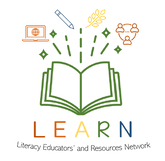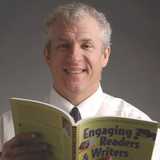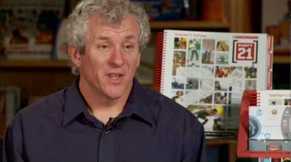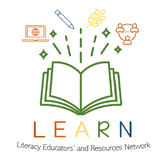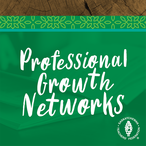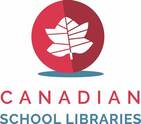Plan for Inquiry
|
Inquiry as a philosophical stance is embedded across all Saskatchewan curricula. To help guide the process, the English Language Arts curricula identifies important skills and abilities required by students at each grade level. Teachers planning inquiry in any subject area could use these ELA inquiry-related indicators to help organize and direct student work. The ELA curriculum provides one example of “how to” conduct an inquiry while the content of the inquiry is also directed or shaped by guiding questions and opportunities for inquiry found in curricula for other subject areas for English Language Arts Curricula Grades 1-12: Outcomes and Inquiry-related Indicators. Find out more about Saskatchewan outcomes, big ideas, and guiding questions on Inquiry the Saskatchewan Way webpage.
Interdisciplinary planning can be facilitated by using the summaries of outcomes across all subject areas for grades kindergarten to 9 can be found in the Support Materials for each curriculum. Summarized Outcomes across Areas of Study for Kindergarten to Grade 5 (PDF) Summarized Outcomes across Areas of Study for Grade 6 to Grade 9 (PDF) |
Collaboration
During the planning phase in the inquiry unit, teachers co-plan with teacher-librarians and other instructional partners. The Collaboration Infographic, highlights the power of the teacher and teacher-librarian partnership with more information on the Collaboration and Inquiry webpage. Development of an Inquiry Plan Teachers will develop potential questions for deeper understanding and consider which curricular outcomes can be met. These inquiry questions can be revised later with student input. At this point teachers align their assessments which may be refined later with student input. Teacher-librarians and teachers may wish to use the planning templates:
Also, the Renewed Curricula: Understanding Outcomes (2010) can assist in the planning process. A key component of this phase is determining which frontloading activities will best prepare their students for success.
In the Planning for inquiry:the teacher-librarian and instructional design podcast (14 minutes), Donna DesRoches and Carlene Walter discuss the key roles and responsibilities of the teacher-librarian in the instructional design process. | ||||||||
Gallery
|
Preparing for Inquiry Archived Webinar
Preparing for Inquiry Webinar Handout In the first part of the webinar, Dr. Jeffrey Wilhelm discusses the importance of motivation, the FLOW experience, and the 6Ms of the apprenticeship model of inquiry teaching. |
Planning for Inquiry Archived Webinar
Planning for Inquiry Webinar Handout Dr. Jeffrey Wilhelm discusses frontloading and instructional sequencing of learning tied to curricular outcomes, conceptual and procedural goals, and links to assessment. |
Collaborative Planning
Ruth Elliott, teacher-librarian, discusses the collaborative planning of inquiry. |
|
Curating Big ideas
Tamzen Kulyk, a teacher-librarian, demonstrates how to use Diigo for Educators as a way to curate and add value to big ideas in the grade six sub-inquiry of garbage and waste. |
Modelling Strategies
Lisa Proctor models classroom strategies for conducting a mathematical inquiry with grade five students. |
Setting Personal Standards
Mitch Lowe demonstrates how to plan for the development of a PSA (Public Service Announcement) for a grade 7-8 health education inquiry. |
